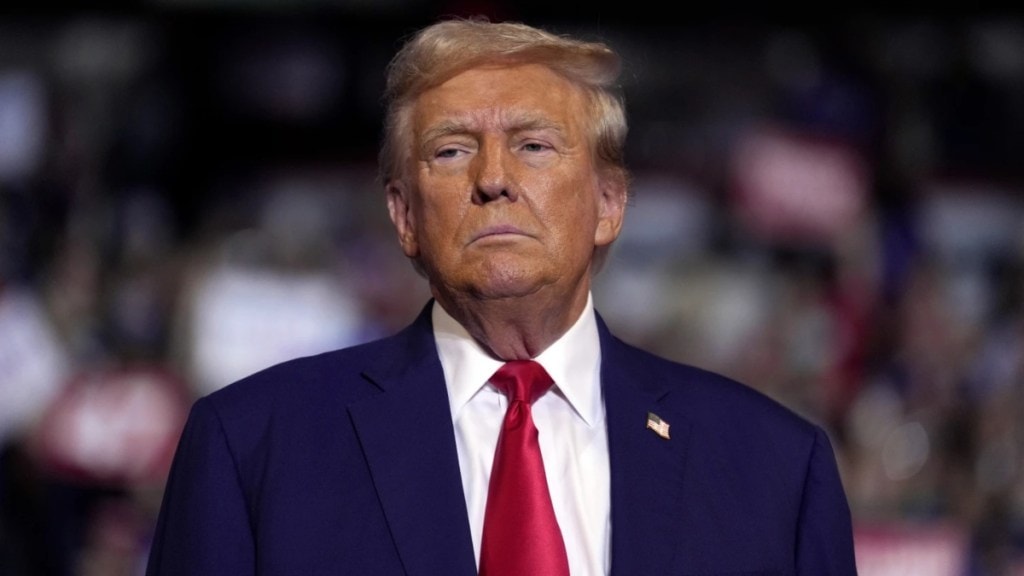Indian students, the largest group of international scholars in the United States, are facing unprecedented challenges under President Donald Trump’s intensified immigration policies. A wave of new restrictions is reshaping the landscape for non-US citizens seeking to study in America, with Indian applicants and students increasingly caught in the crosshairs.
A confidential State Department directive recently instructed consular offices to halt scheduling new visa interviews for students and exchange visitors until new social-media screening protocols are finalised. This abrupt pause has left thousands of Indian applicants stranded during the crucial admission season. As spokesperson Tammy Bruce stated, the government intends to use “every tool” to scrutinise who enters the country, whether for study or other purposes.
Once in the country, Indian students are also encountering heightened scrutiny. The U.S. Embassy in New Delhi has issued stern warnings: even minor infractions like skipping classes or leaving a program without proper notification could lead to immediate visa revocation. University advisers report that Indian students now make up a majority of their inquiries related to visa status and compliance, reflecting a growing anxiety over unintentional missteps. At Harvard University, the situation has taken a dramatic turn. The Department of Homeland Security revoked the institution’s ability to enroll international students, citing its refusal to submit records related to campus protests. The move, driven by accusations of fostering an unsafe and politically biased environment, has directly impacted 788 Indian students who now face the possibility of having to transfer or leave the U.S. by the 2025-26 academic year. Harvard has challenged the order, calling it both unlawful and deeply disruptive.
Despite a court injunction temporarily barring Immigration and Customs Enforcement from deporting students solely based on visa status, the atmosphere remains fraught. Over 4,700 student visa permits were cancelled in just one spring, prompting a federal judge to describe the government’s actions as having “wreaked havoc” on university campuses nationwide. The scale of the crackdown is further underscored by reports that 4,000 student visas were revoked within the first 100 days of the Trump administration. While officials have claimed that a vast majority of these cases involved serious criminal activity, civil rights organisations argue that many students were penalised for minor infractions — or none at all. They also note that Asian students, particularly Indians, appear to be disproportionately affected.
Adding to the uncertainty are sudden SEVIS (Student and Exchange Visitor Information System) terminations. A recent legal brief by the American Immigration Lawyers Association revealed that 327 such terminations occurred without prior notice to universities, almost half involving Indian nationals. In several instances, these were triggered by trivial issues such as unpaid parking tickets. Many students only learned their status had been terminated when they attempted to travel or renew documents, leaving them in a legal limbo with limited recourse.

